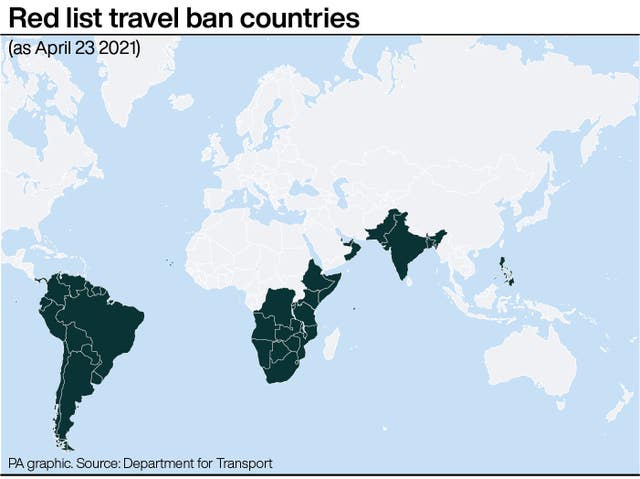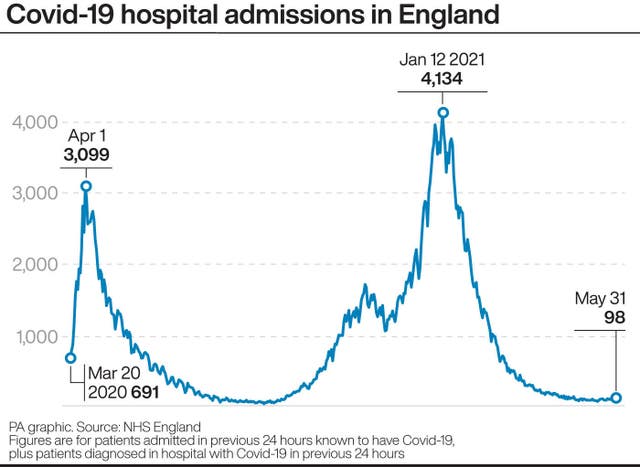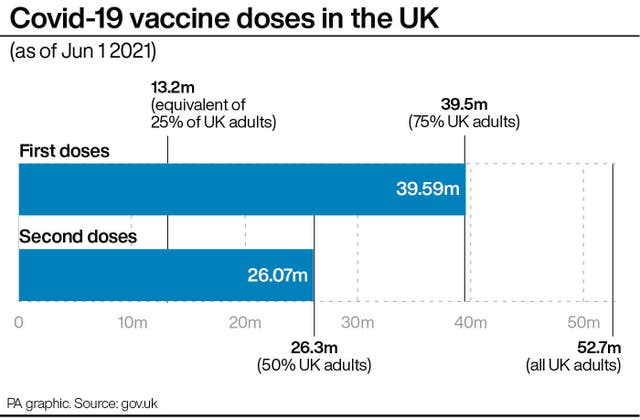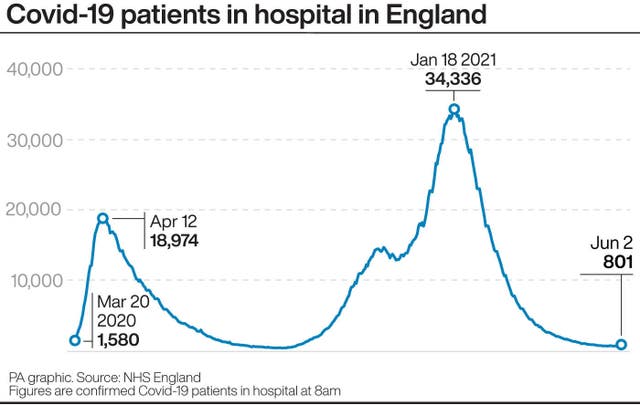Spanish and Greek islands could be added to travel green list
Experts believe several popular summer hotspots will be given green tier status when the list is updated.

There is growing speculation that popular holiday islands could be added to the Government’s travel green list on Thursday.
Spanish and Greek islands plus Malta are among the destinations which experts believe may be given green status.
That would mean people visiting those locations from the UK will no longer be required to quarantine on their return.
He wrote in a blog post: “It still seems very likely that whilst Spain and Greece will not make it onto the green list, many of their islands will, due to lower case rates and higher vaccinations than on the mainland.”
Mr Boyle added: “Malta, Finland and Slovakia are fairly safe bets, based on high testing rates and low reported cases.”
Paul Charles, chief executive of travel consultancy The PC Agency, said a number of popular holiday destinations “really deserve” to be moved to the low-risk tier.

But he said he would be “surprised” if Spain’s Balearic Islands – including Ibiza, Majorca and Menorca – were added on Thursday.
“They’re hugely popular and I’m not sure the Government is ready to encourage so much travel at the moment,” he told the PA news agency.
Portugal is the only viable major tourist destination currently on the green list, but there have been reports it could be downgraded to amber.
The Government has urged people to avoid non-essential travel to amber and red countries.

Several additions to the red list are expected on Thursday.
Mr Boyle explained that Bahrain, Costa Rica, Trinidad and Tobago and Kuwait “ought to be on the list” due to “very high infection rates”, whereas Mr Charles warned that Malaysia, Thailand, Vietnam, Cambodia and Indonesia could be added as there are “signs of increased infection in many parts of Asia”.
People returning to the UK from a red country are required to spend 11 nights in a quarantine hotel, at a cost of £1,750 for solo travellers.
Assessments of travel lists are based on a range of factors, including the proportion of a population that has been vaccinated, rates of infection, emerging new variants, and access to reliable scientific data and genomic sequencing.
Home Office minister Victoria Atkins said the public should “exercise their common sense” about travelling abroad.
She told Times Radio: “We all want to get back to normality, pre-pandemic normality.
“But I think (we) all understand we’ve got to take careful steps to do that.”
Mr Johnson has insisted there is “nothing in the data at the moment” to prevent ending domestic Covid-19 restrictions on June 21, although he and his ministerial colleagues have urged caution.
Debate is continuing over whether the final stages of unlocking restrictions in England can go ahead on that date, due to concerns over the spread of the coronavirus variant first identified in India.
The Daily Mail reported ministers have also been alerted to a variant first thought to have originated in Nepal, suggesting this could have an impact on holidays.
But the World Health Organisation said it is “not aware” of a new variant being detected in the Himalayan nation.
The vaccination programme is seen as key in the bid to reopen the UK and beyond.

The UK could hit another major milestone on Thursday, passing the point of half of all UK adults receiving both doses of a coronavirus vaccine.
Latest figures suggest 49.5% of the UK population aged 18 and over have had two jabs.
Government figures, based on people who died within 28 days of testing positive for Covid-19, said a further 12 people had died within 28 days of testing positive for Covid-19 as of Wednesday, bringing the UK total to 127,794.
The Government also said that, as of 9am on Wednesday, there had been a further 4,330 lab-confirmed cases in the UK.

Elsewhere, health ministers from the G7 nations will meet in Oxford on Thursday in a bid to reach agreement to help reduce the risk of global pandemics and emerging health threats.
They are expected to agree to share information on how to detect such threats and the causes.





